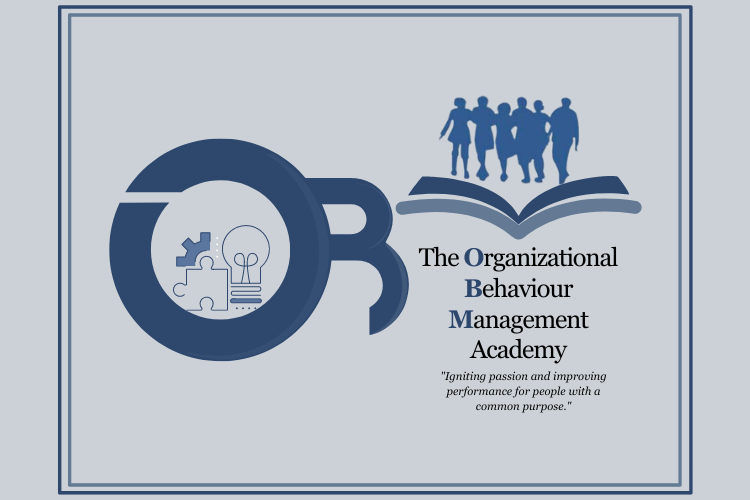What is Humble Behaviourism?
The Role of Humble Behaviourism in Shaping Organizational Culture
Neuringer defines "humility" within a scientific context as the "tentativeness of theoretical and methodological positions, a willingness to entertain alternative perspectives, an advocacy for diversity, and an openness to criticism—in essence, a scientific stance acknowledging that all knowledge is provisional and that even our most firmly held beliefs should be subject to ongoing reassessment (1991, p. 1). This does not imply a lack of conviction; rather, it reflects an understanding that our knowledge is incomplete and that our methods can be continuously refined.
Rethinking What We Study: Beyond the Observable
One of the key principles of humble behaviourism is the expanded understanding of what constitutes "behaviour." While Organizational Behaviour Management (OBM) has typically concentrated on observable and measurable actions, applying Neuringer’s framework encourages us to adopt a more inclusive perspective that recognizes the significance of "covert" behaviours, such as thoughts and emotions.
Neuringer challenges the dismissal of thoughts and emotions as secondary (1991, p. 2). He emphasizes that these internal experiences are often more immediate about our actions and serve as better predictors of our overt behaviour. For example, an employee's feelings of burnout or their cognitive responses to a challenging task are vital data points that can guide effective management strategies.
Neuringer introduces the concept of "contingency thinking," which involves contemplating the potential outcomes of one's actions (1991, p. 4). For instance, an employee may be more inclined to complete a tedious report if they think, "If I finish this now, I won't have to stress about it over the weekend." Promoting this type of self-reflection can be a valuable strategy for practitioners in Organizational Behaviour Management (OBM).
A humble approach encourages a more flexible and less dogmatic adherence to various research methods. While single-subject designs are a hallmark of behaviour analysis, Neuringer (1991, p. 8) argues that group designs can also be valuable, particularly when examining variables such as gender differences or the effects of large-scale organizational changes. The key is to select the method that best addresses the research question, rather than forcing every issue into the same methodological framework.
Neuringer advocates for the concept of "scientific play," which promotes a more exploratory and flexible approach to research (1991, p. 7). This methodology can facilitate unexpected and valuable discoveries. In an organizational context, this might manifest as implementing a new feedback system on a small scale or experimenting with various types of reinforcement to determine what is most effective for a specific team.
The Role of Humble Behaviourism in Shaping Organizational Culture
Ultimately, humble behaviourism carries significant implications for our interactions with colleagues and other professionals. Neuringer advocates for a more constructive and less aversive approach to providing criticism. Instead of stating, "You're wrong," a humble behaviourist might opt for a response like, "When you say or do 'A,' it leads to 'B,' resulting in 'C'” (1991, p. 8). This approach emphasizes the behaviour and its consequences, avoiding personal attacks.
Embracing the principles of humble behaviourism empowers OBM practitioners to unlock greater effectiveness, innovation, and collaboration. This transformative shift in mindset paves the way for a more humane and ultimately successful approach to enhancing the world of work.
Reference:
Neuringer, A. (1991). Humble Behaviourism. The Behaviour Analyst, 14(1), 1–13.
